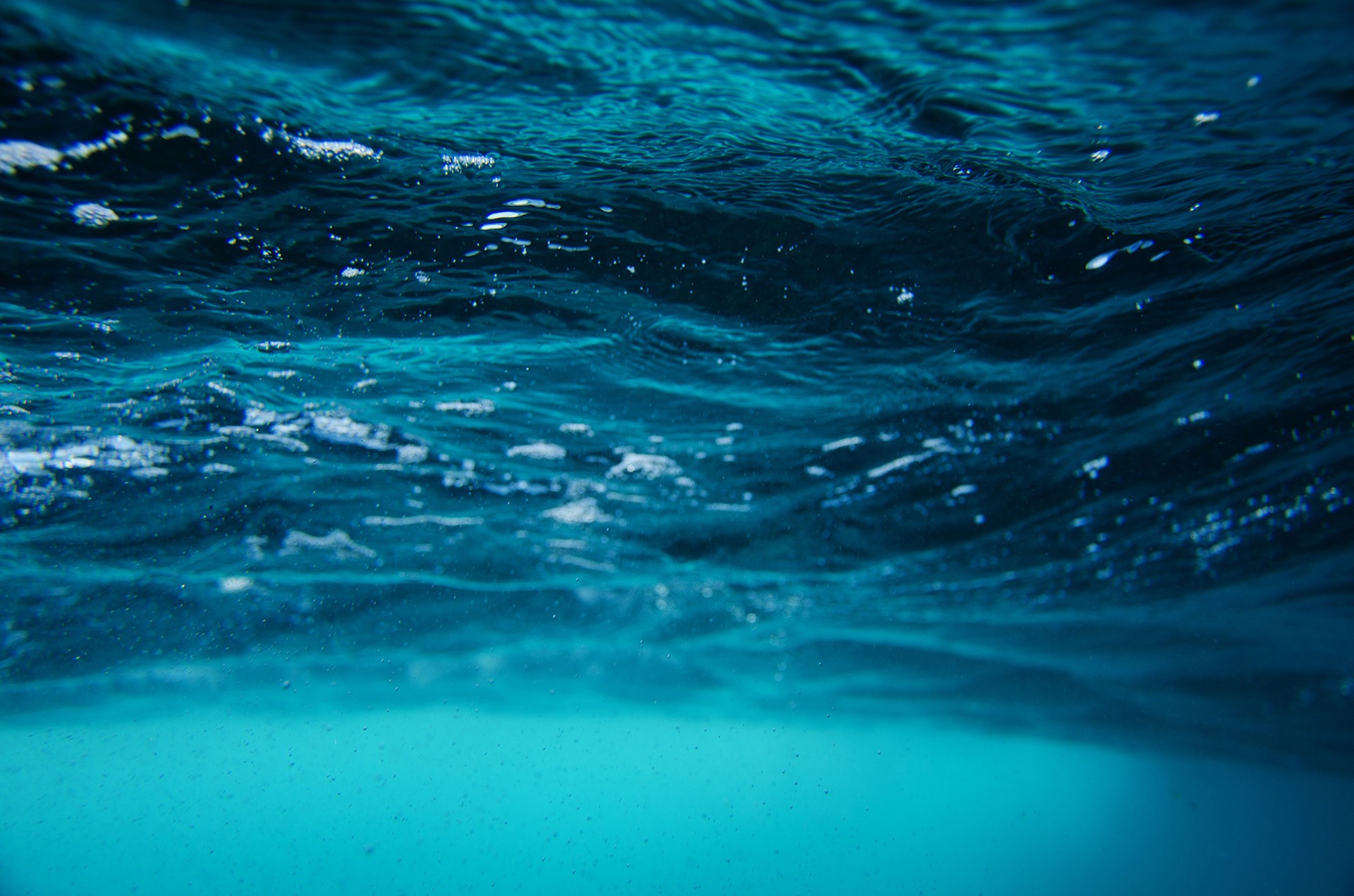There is no ‘away’
How can innovation and technology save our ocean and give rise to a sustainable ocean economy? This was the challenge set by the High Level Panel for a Sustainable Ocean Economy, a unique global initiative of heads of state and government, representing 30% of the world’s coastline. The answer comes in a Blue Paper, launched today, which insists that only a multi-target strategy can address the crisis of ocean pollution.
“We all understand that the whole age of ‘throwing things away’ is coming to an end”, explained SYSTEMIQ’s co-founder Prof. Martin R. Stuchtey, who coordinated the paper’s peer review as part of the company’s close collaboration with the Ocean Panel. “Plastic is not the only pollutant, and it’s not only about the plastic we can see – this is only 2 to 3 percent… But in the past few years, plastic has completely changed our conversation about ocean pollution”. As Prof. Stuchtey explained, the Blue Paper takes a multi-target approach to plastic pollution and its effects on ecosystems and human health.
The UN Environment Programme estimates the global damage to marine environments from plastic pollution at a minimum of US$13 billion every year. But the millions of tons entering our ocean – a garbage truck-load of plastic every minute, by one estimate – is only part of the problem. Antibiotics, pesticides, heavy metals, industrial chemicals, oil and gas are placing marine ecosystems under unsustainable stress.
In a closed system, there is nowhere for this pollution to go where it won’t harm the ocean and, ultimately, human life. While the Ocean Panel’s paper does call for the elimination of some hazardous and hard-to-manage materials, plastics are so widespread that a simple ban would fall short or could be applied only to certain products
Instead, the paper’s authors set out multi-target strategies to tackle the root causes of pollution. They argue that once the economic system adopts a no-waste approach, the machinery of the economy itself will be very effective at finding the most efficient ways to stop ocean pollution. However, this still requires governments, businesses, communities and NGOs to work together to create innovative policies, support research and innovation, invest in wastewater and solid waste infrastructure, and shift mindsets and behaviours.
Taking action
The Ocean Panel’s sets out seven approaches for an end to pollution and the creation of a sustainable ocean economy:
1. Improve wastewater management by developing and building sustainable wastewater infrastructure where needed.
2. Improve stormwater management by, for example, imposing regulatory limits for discharge, regulating animal waste lagoons with potential for discharge into the ocean, and regulating and limiting the use of nutrients and pesticides.
3. Adopt green chemistry practices and new materials, for example by banning hard-to-manage materials, limiting the use of chemicals of concern and supporting materials research.
4. Practice radical resource efficiency: for example, use reduction, imposing fees on single-use plastics, encourage industry voluntary contributions to reduce fossil-fuel-based plastics and enable the treatment and usage of food and human waste in appropriate applications.
5. Recover and recycle the materials we use in both formal and informal sectors by implementing extended producer responsibility laws, providing incentives for waste segregation and recycling, strengthening markets for recycled plastics and implementing ‘Fishing for Litter’ programmes.
6. Implement coastal zone improvements by enforcing international dumping agreements, strengthening oil spill prevention policies, restricting locations and types of coastal and open-ocean aquaculture and developing waste collection and management systems where needed.
7. Build local systems for safe food and water by developing and building drinking water treatment systems where needed, supporting local agriculture initiatives and ensuring adequate drinking water standards.
Turning the tide on ocean pollution
Pollution in the ocean is already negatively impacting human health, economic prosperity for ocean-based businesses and marine ecosystems on which humans depend for essential ecosystem services. But finding root-cause solutions to ocean pollution can create jobs, reduce costs to many businesses and governments and improve the health and prosperity of millions of people.
Find out more by reading the report and following @oceanpanel on Twitter
Professor Martin R. Stuchtey was speaking to Tamaki Tsukada, Ambassador and Director-General for Global Affairs, Ministry of Foreign Affairs, Japan, and the paper’s lead authors: Professor Jenna Jambeck, University of Georgia; Ellie Moss, Independent Consultant and Researcher; and Professor Brajesh Kr Dubey, Indian Institute of Technology – Kharagpur; as well as Simon Reddy, Director, International Environment at The Pew Charitable Trusts. Register to watch the launch recording here.

